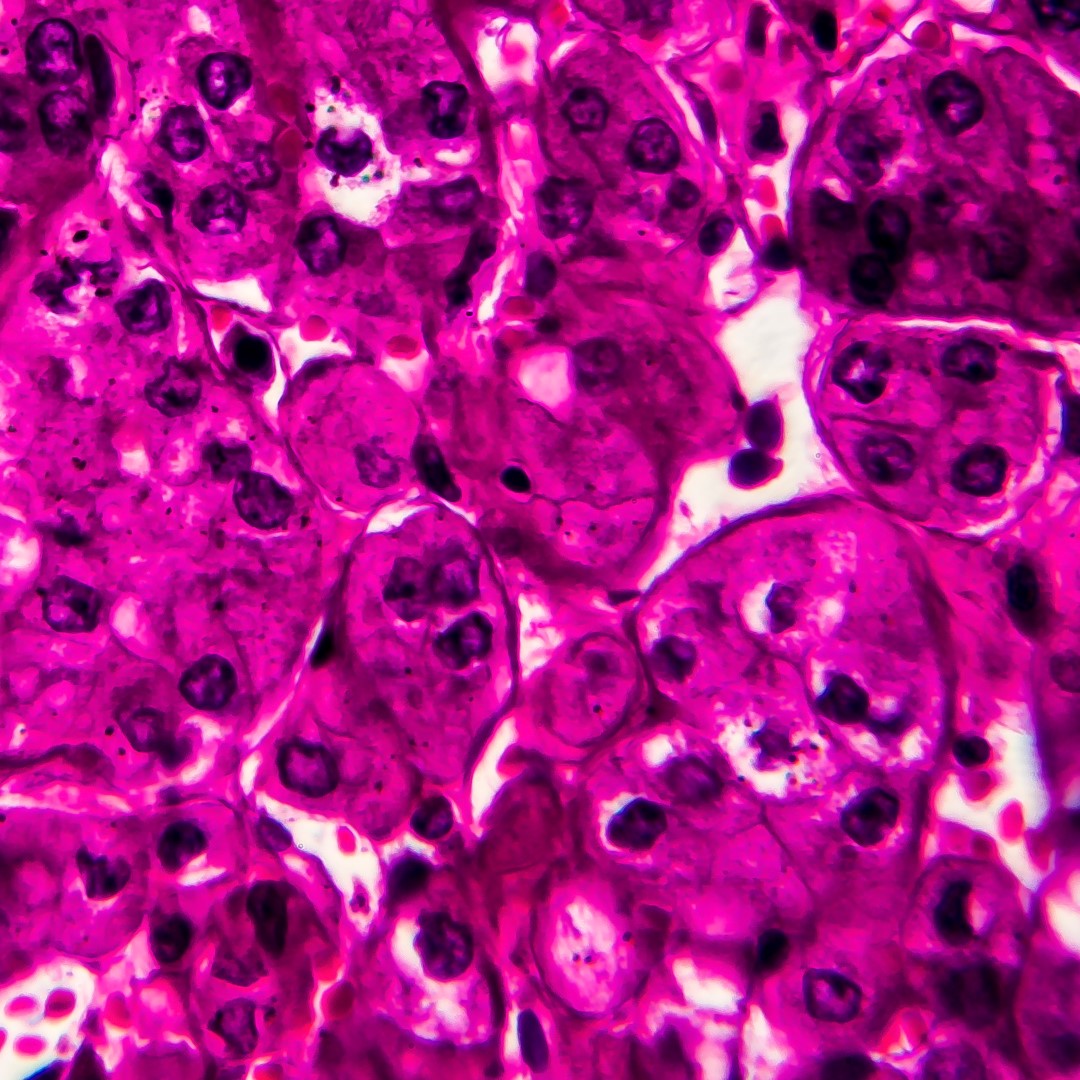
New Imaging Technique Accurately Detected Aggressive Kidney Cancer
On Oct. 29, 2024, a study led by investigators from the UCLA Health Jonsson Comprehensive Cancer Center (UCLA Health JCCC) has demonstrated that a new, non-invasive imaging technique can accurately detect clear-cell renal cell carcinoma, the most common form of kidney cancer.
Traditional imaging methods like CT or MRI often struggle to differentiate between benign and malignant tumors, leading to either unnecessary surgeries or delayed treatment. To help improve the detection of clear-cell renal cell carcinoma, the team tested a non-invasive method that uses a monoclonal antibody drug called 89Zr-TLX250, which targets the protein CA9 that is often found in clear-cell renal cell carcinoma.
The new imaging method accurately identified the presence of cancer in most cases while minimizing false positives, demonstrating a high performance with 85.5% sensitivity and 87.0% specificity. The findings, published in The Lancet Oncology, could greatly reduce the number of unnecessary surgeries and ensure that patients receive the right treatment at the right time, potentially changing how doctors diagnose and treat the disease in the future.
Tags:
Source: UCLA Health Jonsson Comprehensive Cancer
Credit: Photo: Microscopic image of kidney cancer, renal. Courtesy: National Institutes of Health.
